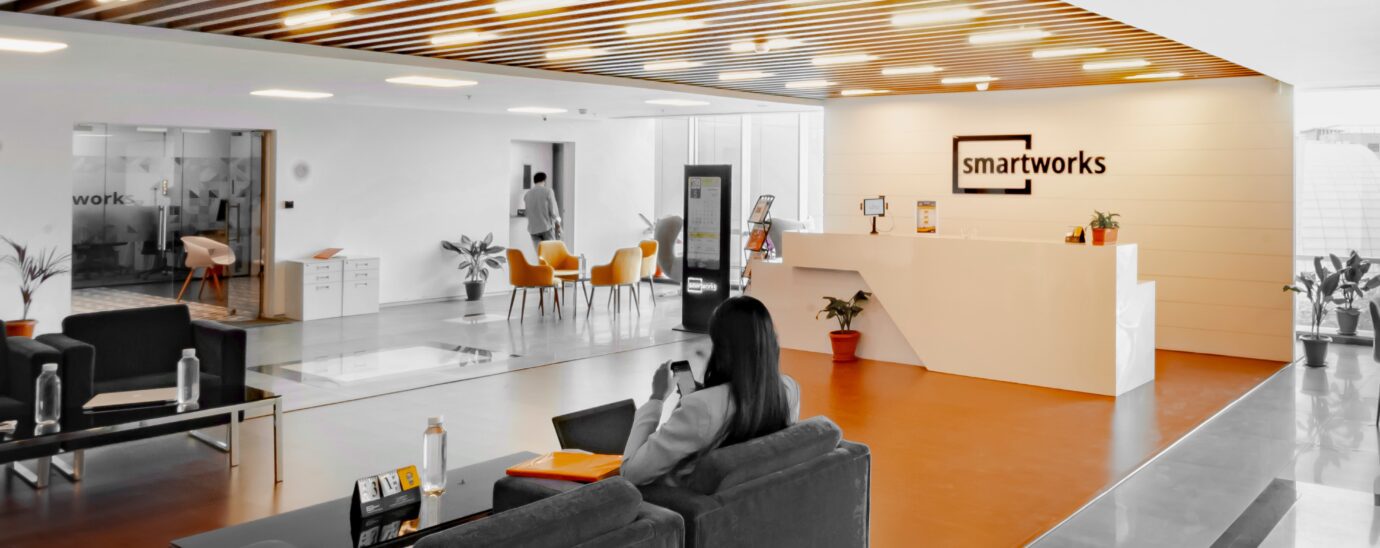How businesses can promote sustainability using technology.

Sustainability is a growing trend in many industries, with energy consumption and financial savings as top motivating factors, and technology is available to assist with this. Businesses are becoming more aware of their carbon footprint, the impact technology and data storage have on this, and the need to have sustainable systems in place for the future.
How does sustainable technology benefit businesses?
Sustainable technology focuses on mapping, planning and implementing software that assists businesses in moving towards becoming carbon-neutral and reducing their reliance on non-sustainable resources, processes or procedures. Sustainable technology can, therefore, not only support global sustainability goals but can also deliver real business benefits, such as remaining durable in tough financial climates.
Implementing technology designed to reduce energy, improve infrastructures, and cut out unrequired processes helps to support financial sustainability in the long term, streamlining business spending
on infrastructure.
What types of technology can promote sustainability?
Cloud migration is a great way to improve energy efficiency and processes as a cloud host can scale infrastructure up or down depending on business needs and offer real-time systems updates and management that improves the running of a business and the use of resources.

In essence, the benefits cover online systems functionality – a business can reduce its software in quiet periods and quickly increase its technology needs as activity increases through the year. Offline with real-time systems intelligence, a business can better manage and direct human resources and business activity to maximise resource deployment, allowing businesses to manage their energy consumption and direct resources efficiently.
In turn, cloud scalability helps companies to control costs and allow for financial savings across technology which is beneficial for overall business sustainability.
Furthermore, tool consolidation is a valuable sustainable use of technology. By combining various aspects of business software, businesses can create better organisations using a centralised data point and remove unnecessary software that uses energy and costs money.
Minimising and simplifying technology stacks is another essential way to create sustainable technology. Businesses often have various tools built years ago, which could significantly reduce focus on preferred tools. Simplifying your tech stacks will force the business to ask which aspects of their digital infrastructure are redundant and causing friction while helping to create energy-efficient systems which only consume power in areas most advantageous to the business.
What are the challenges with sustainable technology
Making a business more sustainable isn’t an overnight process; it comes with challenges.
It can be a complicated process to work out which areas of the business need to be adapted to become more sustainable and streamline business processes. Without an in-house software specialist, companies may become overwhelmed with research into improvements or waste time and money on digital transformation. Also, like with all digital transformation projects, there is an upfront cost to set up the business in line with sustainable technology. However, consulting a software development expert will help minimise these costs and ensure the maximum return on investment. For support with digital transformation and sustainable technology, get in touch with our expert team at Propel.